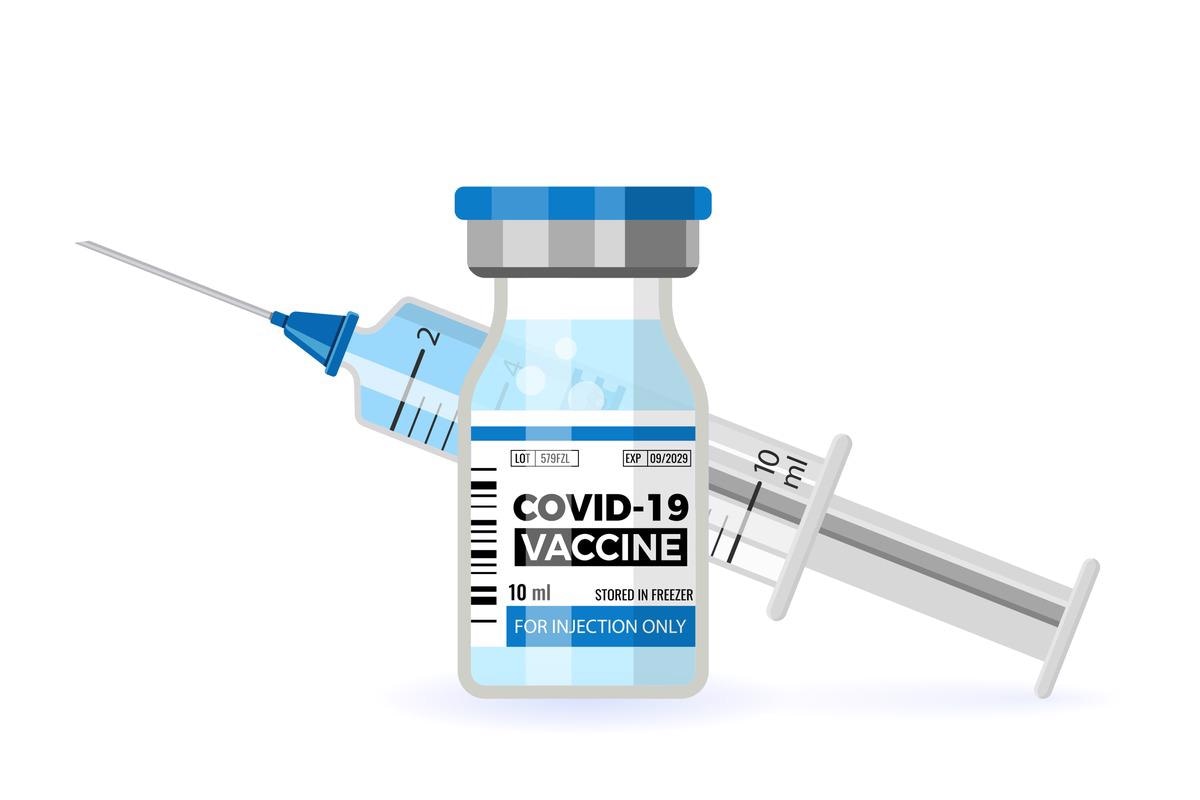Fourth dose of COVID-19 vaccine reduced death among hospitalized patients during Omicron
In a recent study posted to the medRxiv* pre-print server, researchers investigated the effect of a fourth dose of the coronavirus disease 2019 (COVID-19) vaccine in patients with severe disease symptoms.

Background
A previous study conducted in Israel during the Delta wave demonstrated that the outcome of COVID-19 in vaccinated and unvaccinated individuals once hospitalized was not any different. In that study, the vaccinated cohort included patients who received two doses of the messenger ribonucleic acid (mRNA)-based BNT162b2 vaccine around six months earlier to infection, similar to the sub-group of the patients receiving three-doses five months before infection in the present study.
At the onset of the Omicron wave, four to five months had elapsed since most of the older Israeli population received their third dose. Accordingly, as of January 2, 2022, Israel was the first country to recommend the fourth dose of BNT162b2 for individuals at high risk, including those 60 years or older, people with pre-existing comorbidities, and healthcare professionals. Hence they needed to investigate the effect of a fourth COVID-19 vaccine dose.
A national observational study following up on patients for six months showed that compared with individuals who received three doses, those who received an additional fourth dose had a 3.5-fold lower rate of severe disease. Similarly, two other studies comparing vaccine effectiveness (VE) of four and three doses reported VE of 64-73% against severe acute respiratory syndrome coronavirus 2 (SARS-CoV-2) infection up to the nine-week follow-up and 88% against mortality during a 10-week follow-up.
About the study
In the present study, researchers conducted a cohort study on 1049 adult patients hospitalized for severe COVID-19 between January 15, 2022, and January 31, 2022, in 14 general medical hospitals in Israel.
During this time, the SARS-CoV-2 new variant of concern (VOC) Omicron was predominant in Israel, and the study included hospitalized cases, which constituted 40% of the nationally reported cases. Notably, 138 patients with a viral ribonucleic acid (RNA) sequencing report contracted the infection from the Omicron VOC.
The vaccinated individuals were categorized based on the number of vaccine doses received within seven days before COVID-19 diagnosis. There were 386 three-dose recipients and 88 four-dose vaccine recipients.
The unvaccinated group comprised 360 unvaccinated adults and 43 one-dose recipients. The median age of the study participants was 80 years, 51% were males, and 2.7% had previously been SARS-CoV-2-infected. Nevertheless, the researchers enrolled only those individuals who had a known history of COVID-19 vaccination.
The researchers analyzed outcomes in the unvaccinated group (no vaccination or single-dose) vis-à-vis the fully-vaccinated group (three or four doses of vaccine). They excluded 172 patients who had received two vaccine doses from the analysis, as they most likely had a partial immune status.
The researchers compared study variables between vaccinated groups and patients with a good or a poor COVID-19 outcome, with the poor outcome being mechanical ventilation (MV) or death. They used Fisher’s exact tests and the Mann-Whitney test for comparisons of categoric and continuous test variables between the study groups.
Study findings
The fourth dose of the COVID-19 vaccine conferred significant protection against a poor outcome, including in-hospital death and MV, compared with three doses, with an odds ratio (OR) of 0.51.
With an OR of 1.58, immunosuppression showed a trend for a worse outcome. Other independent variables correlated with protection from a poor outcome were chronic lung disease and remdesivir treatment, while dementia, male sex, and chronic renal failure were unfavorable in this context.
The rates of death and MV were similar between the unvaccinated and the group receiving three doses of vaccine (49% vs. 51%). Conversely, the rate of death or MV was significantly lower for four-dose patients (34% vs. 51%). Notably, from the date of hospitalization, patients received their third dose and fourth dose at a median of 161 and 14 days, respectively.
The authors did not observe a correlation between age with poor outcomes in the fully vaccinated group. However, the study cohort, comprised primarily of older people, limited this analysis.
Conclusions
The current study compared fully vaccinated patients with a breakthrough infection from a single variant (Omicron) at different time intervals from their subsequent vaccine doses. The findings confirmed that the observed benefit of the additional, fourth dose was due to its temporal proximity to infection rather than its enhanced immunogenicity.
Overall, the fourth dose of vaccine significantly decreased the odds of death and MV among severely ill COVID-19 patients. Therefore, it should be considered safe and beneficial for at-risk individuals in light of the arrival of a new COVID-19 wave.
*Important notice
medRxiv publishes preliminary scientific reports that are not peer-reviewed and, therefore, should not be regarded as conclusive, guide clinical practice/health-related behavior, or treated as established information.
Journal reference:
- Tal Brosh-Nissimov, Khetam Hussein, Yonit Wiener-Well, Efrat Orenbuch-Harroch, Meital Elbaz, Shelly Lipman-Arens, Yasmin Maor, Yael Yagel, Bibiana Chazan, Mirit Hershman-Sarafov, Galia Rahav, Oren Zimhony, Adi Zaidman Shimshovitz, Michal Chowers. (2022). Hospitalized patients with severe COVID-19 during the Omicron wave in Israel – benefits of a fourth vaccine doi: https://doi.org/10.1101/2022.04.24.22274237 https://www.medrxiv.org/content/10.1101/2022.04.24.22274237v1
Read More: Fourth dose of COVID-19 vaccine reduced death among hospitalized patients during Omicron

